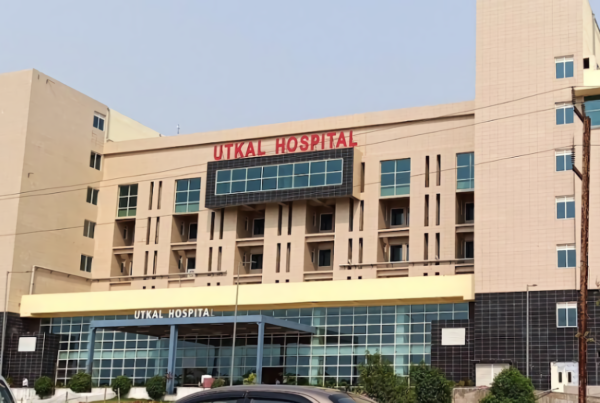India is witnessing a noticeable rise in COVID-19 cases once again, prompting concern among public health authorities and medical professionals. After months of relatively low infection rates, the active case count has surged past the 6,000 mark, with several hundred new infections being reported daily in various parts of the country. While the overall severity of cases remains largely mild, the increase is a reminder that the virus has not disappeared and continues to evolve.
This new wave is believed to be driven by emerging subvariants, including strains like JN.1, which are known for their higher transmissibility. Although these variants do not appear to be causing more severe disease, their rapid spread has raised questions about whether current levels of immunity — from vaccination or past infections — are sufficient to prevent future surges.
One of the key factors contributing to the spread is the gradual relaxation of COVID-appropriate behaviors. Many people have stopped wearing masks in public spaces, and physical distancing is no longer strictly followed. In some cases, individuals with mild symptoms may not be seeking testing, which can lead to undetected transmission within communities.
Some states have already begun reinstating certain safety measures. For example, Kerala has made mask-wearing compulsory for vulnerable groups, such as the elderly and people with chronic illnesses. Other states, including Haryana, have issued guidelines requiring masks in crowded public gatherings. These steps are preventive and aimed at safeguarding those most at risk.
While there is no immediate cause for alarm, health experts advise a cautious approach. The current rise in infections serves as a timely reminder to continue practicing basic preventive measures: wearing masks in enclosed or crowded places, staying home when symptomatic, and getting tested when necessary. Vaccination also remains a critical tool, particularly for high-risk groups.
As India navigates this latest phase of the pandemic, collective responsibility will play a crucial role in keeping the situation under control. With timely precautions and public awareness, the country can avoid a repeat of past surges and protect its most vulnerable citizens.



